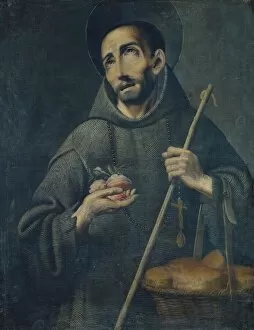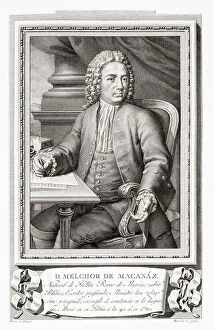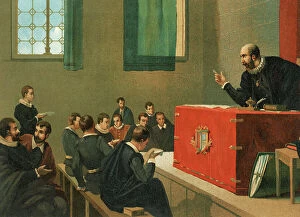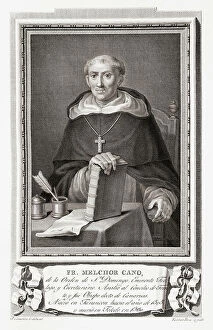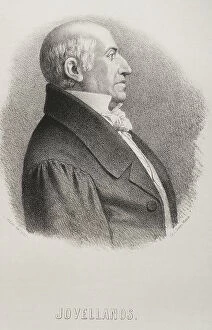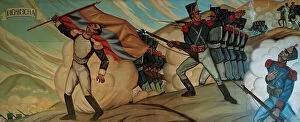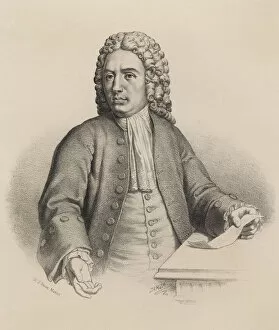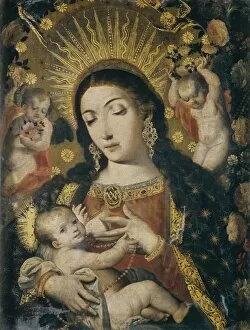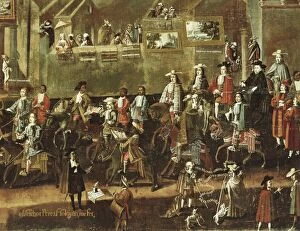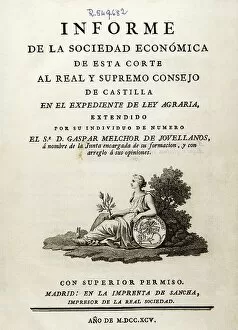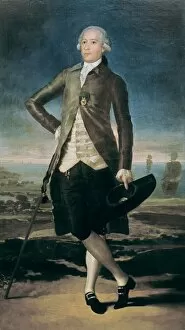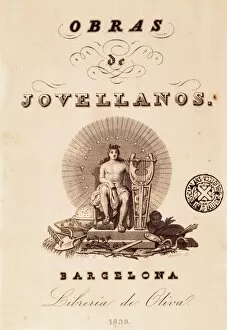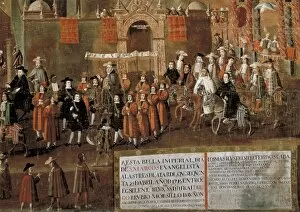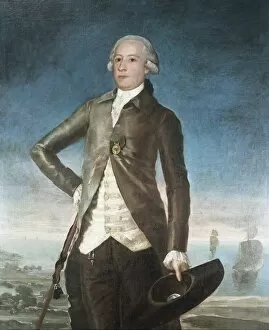Melchor Collection
Melchor, a name that echoes throughout history, associated with great figures and significant events
For sale as Licensed Images
Choose your image, Select your licence and Download the media
Melchor, a name that echoes throughout history, associated with great figures and significant events. From John of God, the Portuguese religious saint who lived from 1495 to 1550, to Gaspar Melchor de Jovellanos, a prominent Spanish figure born in 1744 and died in 1811. In the Battle of Pichincha on May 24th, 1822, Melchor's name resounded as part of the context of the Spanish American wars for independence. It was a time when nations fought for their freedom and identity. But Melchor's influence extended beyond battles and conflicts. Gaspar Melchor de Jovellanos was not only a statesman but also an influential writer during his lifetime. His ideas shaped Spain's political landscape during the late eighteenth century. Another notable figure bearing this name is Melchor Rafael Macanas (or Macanaz), who served as Secretary to Philip V and made his mark as both politician and writer in seventeenth-century Spain. Moving across continents, we find ourselves in Mexico where yet another remarkable individual named Melchor emerges. Melchor Ocampo was not just a lawyer or scientist; he embodied liberal ideals while serving as a politician during turbulent times from 1814 to 1861. Even further back in history lies Perez de Holguin - an intriguing character with multiple roles: priest, laundress - showcasing versatility within one person's life span between1665-1724. The diversity encompassed by those carrying this name is astounding. From saints to politicians, writers to scientists - each contributing their unique talents and leaving behind legacies that continue to inspire generations today. Melchors have left indelible marks on various aspects of society throughout different periods in history. Their stories remind us that greatness can be found within individuals regardless of their background or circumstances.

